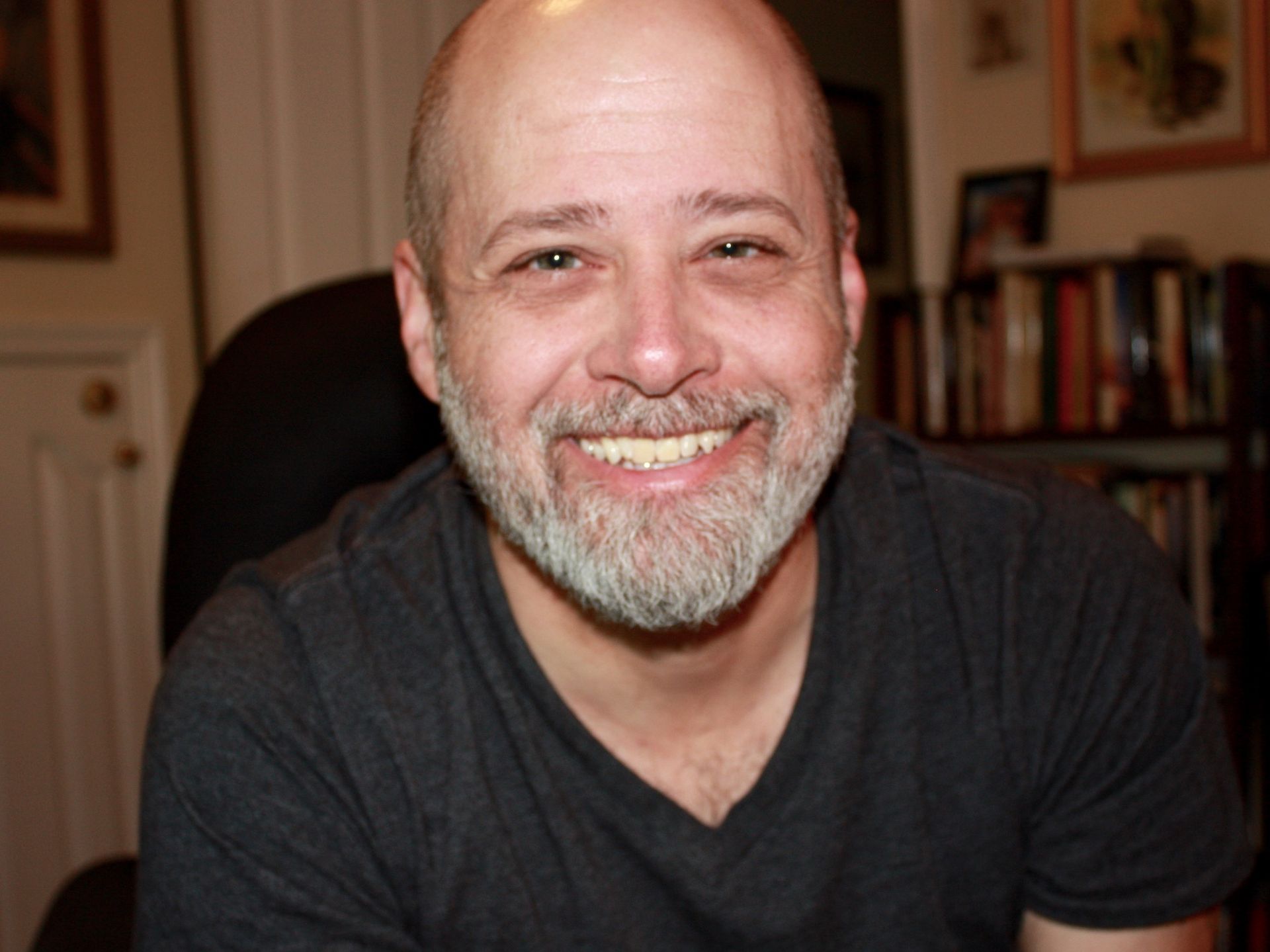“Calling his disciples to him, Jesus said, ‘Truly I tell you, this poor widow has put more into the treasury than all the others. They all gave out of their wealth; but she, out of her poverty, put in everything—all she had to live on.'”
I was remembering recently a time when, years ago, during a group lectio divina meditation on this Scripture, the line the Holy Spirit highlighted for me was this: “She, out of her poverty…”
As we sat with this passage, the question that came up for me was “Where is MY poverty?… And what would it look like to give out of it?”
I suspect that too often, in our context, we are overly-focused on giftedness. We want people to know their gifts (and ours) and, in a sense, to operate out of their “riches.” When it becomes clear that someone is good at something, or has resources in a particular area, we want them to begin serving, giving, worshiping God with that. And so the musician who plays well is encouraged to play for God. When it becomes clear someone can speak and communicate well, we encourage her to use that gift for God and for us. The good graphic designer is pressed into using that gift for the community, the natural leader to lead, the one with the gift of hospitality to be hospitable. And there’s nothing wrong with that. God has given those gifts to us for a reason.
But giving out of our gifts, out of the riches of what we do well and willingly is easy. Maybe too easy , in many ways.
In sitting with the question of where my poverty lies, I realized- we all have areas within ourselves of relative riches and relative poverty. And God wants it all. He created us, bought us at great cost to Himself, and desires that we give to Him our whole selves- that our worship of, devotion to, service of Him be wholistic.
But I wonder if, like us, God tends to smile at certain gifts more than others- not that He doesn’t take delight in all service, all worship honestly given, but…
In the same way we value the hand-made gift, the hand-written note, the thing that shows effort and thought, I wonder if God sees gifts given out of our riches a little differently than gifts given out of our poverty? The easy gift of operating out of our strength vs the harder gift of having to dig deep into our less-comfortable and less competent places.
For me I know I am very comfortable in certain areas of ministry and less so in others.
And as I sat, meditating on this, I became convinced that God wants me to worship Him not simply out of my surplus- to give to Him what costs me little because I have so much of it, or am good at it. He does want those things- but perhaps what is more worshipful of Him, more forming for me, and ultimately maybe even better for others is when I take stock of the areas where I am poor and decide to give God everything I have there- to step out, and as an act of worship, do what is less comfortable, less likely to end with the positive ego-enhancing feedback we all so love.
God, this Lenten season, may I learn to value my poverty more than my giftedness- my weakness more than my strength. Because it is in my weakness that Your strength and grace are shown and bring me to maturity.

Bob is the Director of Equipping and Spiritual Formation for the Ecclesia Network.
He’s the co-author of Eldership and the Mission of God: Equipping Teams for Faithful Church Leadership as well as Ministry Mantras: Language for Cultivating Kingdom Culture.
He planted the Evergreen Community in Portland, OR in 2004 and holds a DMin from George Fox/Portland Seminary.
Bob currently lives in Boise, ID with his wife, Amy, his kids, Jack, Jane, and Josie and his dog, Bentley.







